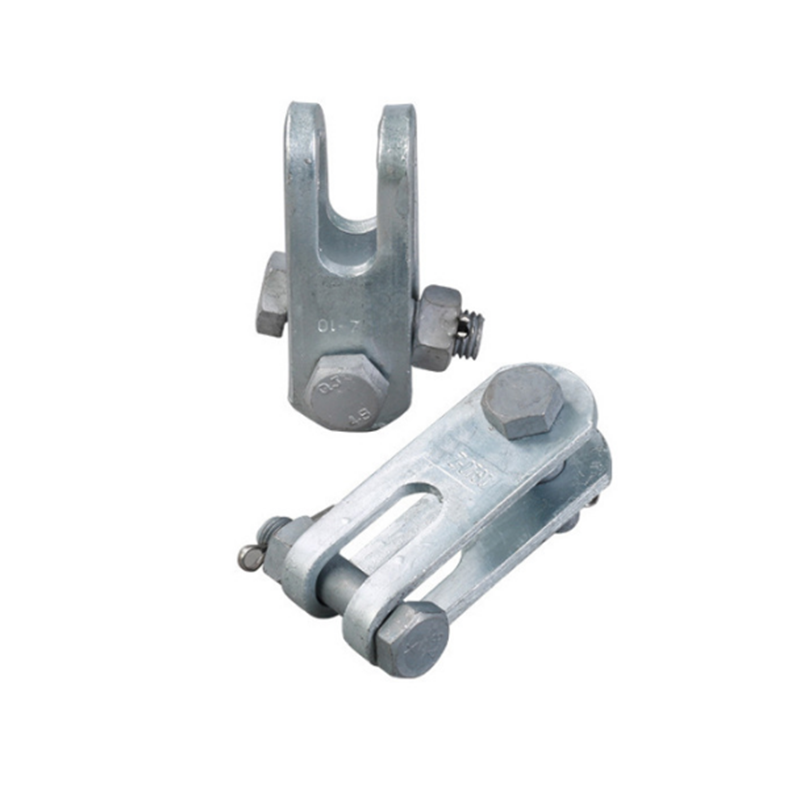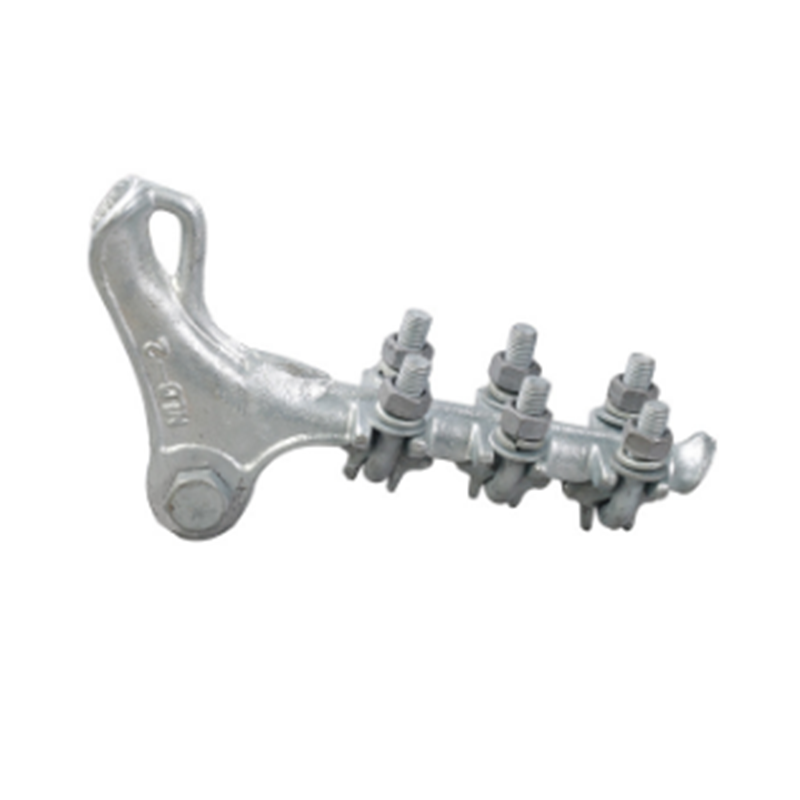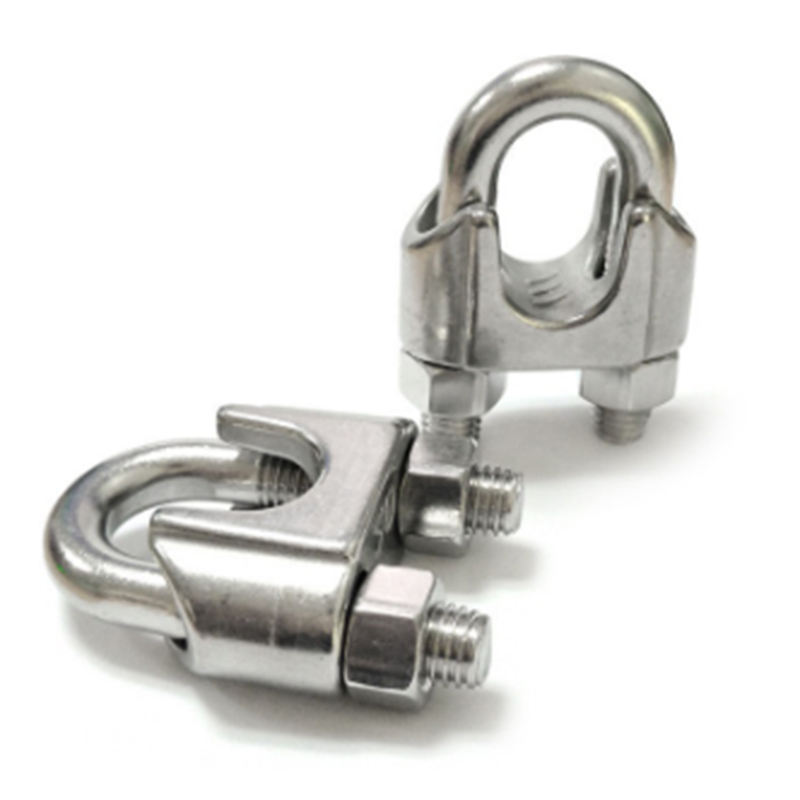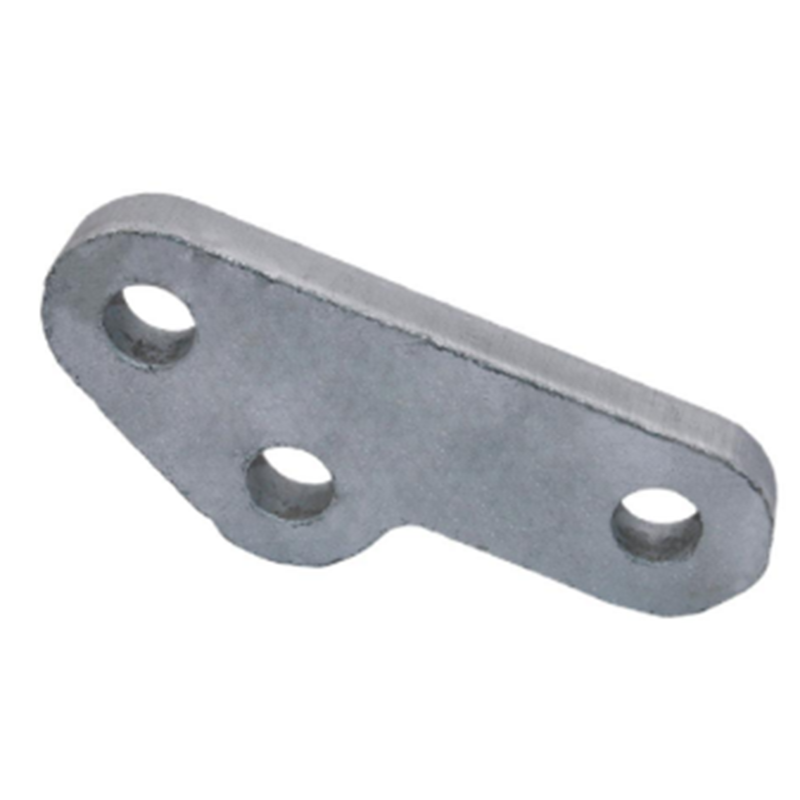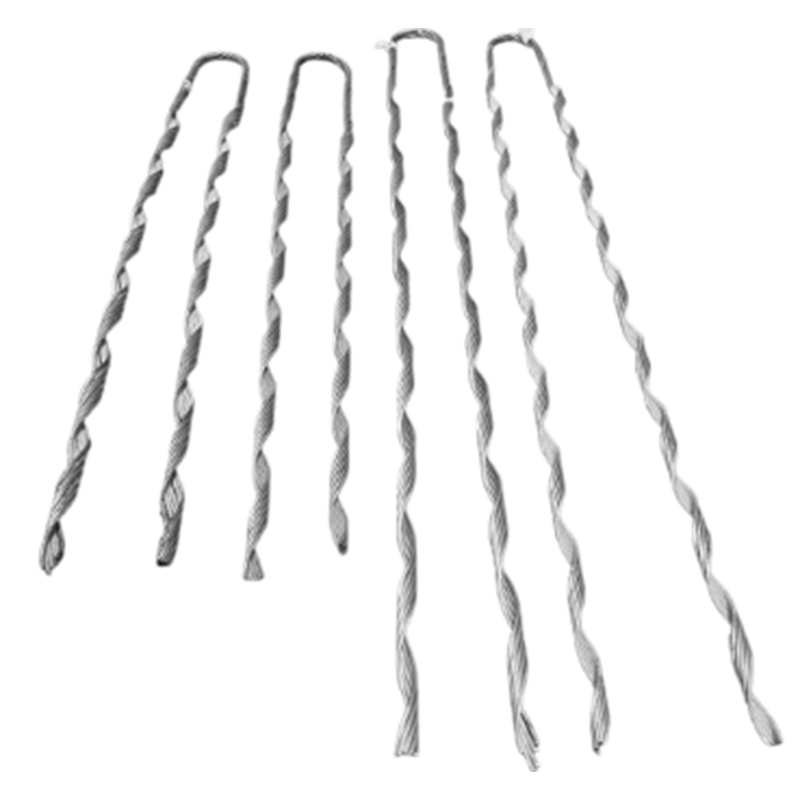- Chinese
- French
- German
- Portuguese
- Spanish
- Russian
- Japanese
- Korean
- Arabic
- Irish
- Greek
- Turkish
- Italian
- Danish
- Romanian
- Indonesian
- Czech
- Afrikaans
- Swedish
- Polish
- Basque
- Catalan
- Esperanto
- Hindi
- Lao
- Albanian
- Amharic
- Armenian
- Azerbaijani
- Belarusian
- Bengali
- Bosnian
- Bulgarian
- Cebuano
- Chichewa
- Corsican
- Croatian
- Dutch
- Estonian
- Filipino
- Finnish
- Frisian
- Galician
- Georgian
- Gujarati
- Haitian
- Hausa
- Hawaiian
- Hebrew
- Hmong
- Hungarian
- Icelandic
- Igbo
- Javanese
- Kannada
- Kazakh
- Khmer
- Kurdish
- Kyrgyz
- Latin
- Latvian
- Lithuanian
- Luxembou..
- Macedonian
- Malagasy
- Malay
- Malayalam
- Maltese
- Maori
- Marathi
- Mongolian
- Burmese
- Nepali
- Norwegian
- Pashto
- Persian
- Punjabi
- Serbian
- Sesotho
- Sinhala
- Slovak
- Slovenian
- Somali
- Samoan
- Scots Gaelic
- Shona
- Sindhi
- Sundanese
- Swahili
- Tajik
- Tamil
- Telugu
- Thai
- Ukrainian
- Urdu
- Uzbek
- Vietnamese
- Welsh
- Xhosa
- Yiddish
- Yoruba
- Zulu
- Kinyarwanda
- Tatar
- Oriya
- Turkmen
- Uyghur

Use of lock washers
The Use of Lock Washers: Practical Insights from the Field
In the world of fastening, understanding the role of lock washers is pivotal. Often overlooked, these small components play a crucial role in ensuring joint stability and preventing unwanted loosening. So, what really makes them special and when should they be used?
Misconceptions Around Lock Washers
A common misunderstanding is that all fasteners need lock washers. This isn't quite accurate. While they can enhance joint reliability, using them indiscriminately may not always be beneficial. The essence lies in understanding the specific application and the forces at play. I've seen projects compromised due to misconceptions about their necessity.
In my experience, lock washers excel in applications subject to vibration. Consider machinery operating under heavy movement; here, they aren't just useful—they’re essential. I recall a case where omitting them led to a costly shutdown due to bolt loosening.
Shengfeng Hardware Fastener Factory, located in Hebei, is renowned for its high-quality washers and fasteners. With a production line that includes over 100 specifications, understanding the right fit for your needs is crucial, and their expertise is invaluable.
Types and Their Suitability
Lock washers come in several types: split, tooth, and flat. Each type serves different purposes. Personally, I'm partial to split washers in mechanical applications. They offer a balance of strength and ease of installation.
Tooth lock washers, as I’ve found in some automotive projects, provide superior grip. Their teeth bite into the nut and the mounting surface, offering exceptional resistance to loosening—a feature that’s saved me more than once in high-vibration scenarios.
Flat washers, although not lock washers by definition, often pair with them to distribute load. At Shengfeng, their range ensures you can find just the right combo for your particular need.
Factors to Consider Before Use
The correct use of lock washers depends on various factors. Material compatibility, for example, is critical. Using a steel washer on aluminum without consideration can lead to galvanic corrosion over time. An oversight many regret later.
I've learned through trial and error that considering load conditions is equally important. High-stress environments may require specialized washers, which Shengfeng offers through their wide catalog.
Moreover, I always ensure alignment and torque are optimal. A misaligned washer or incorrect torque application leads to inefficiencies and potential failures.
Common Challenges and Solutions
One challenge I've faced is washer deformation under excessive load. This typically results from selecting an incorrect type or size. Using a washer not suited for the application can severely undermine the joint's integrity.
Another issue is improper installation, often leading to misalignment. An instance at a construction site highlighted this when poorly installed washers led to significant delays. Resources from Shengfeng Hardware Fastener Factory can guide proper installation techniques.
Yet, challenges also present learning opportunities. For instance, equipping yourself with the right knowledge about washer types can prevent many common pitfalls.
The Role of Quality and Reliability
Ultimately, quality cannot be compromised. I’ve seen the difference first-hand when working with inferior components versus those from a trusted manufacturer like Shengfeng. Their product consistency provides peace of mind and reliability in critical applications.
Partnering with a reliable supplier ensures you access not only quality products but also expert advice. Their location, adjacent to National Highway 107, allows for easy access and quick dispatches, which can be a game-changer during project crunch times.
In conclusion, while lock washers may be small, their impact on fastening systems is substantial. Recognizing when and how to use them effectively is key to ensuring stable and reliable mechanical assemblies.
Соответствующая продукция
Соответствующая продукция





